This report summarises the considerations, recommendations, and suggested strategies discussed during a roundtable session at the 16th Vaccine Congress in Riva del Garda, as prepared by the presenters.
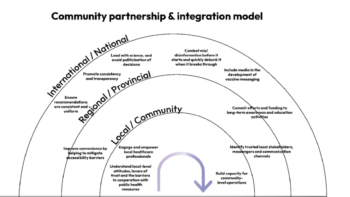
The Vaccine Confidence Project team regularly publishes articles, reviews and other academic writing in leading journals. Our publications analyse global trends in vaccine confidence and provide deep insight into the spatio-temporal dynamics of vaccine confidence across the world.

This report summarises the considerations, recommendations, and suggested strategies discussed during a roundtable session at the 16th Vaccine Congress in Riva del Garda, as prepared by the presenters.
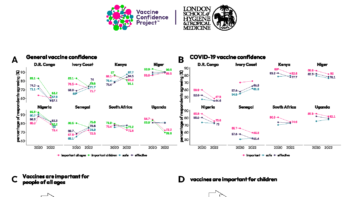
An examination of trends in vaccine confidence across eight sub-Saharan countries between 2020 and 2022.

This article questions the current high level of political and societal complacency towards COVID-19 in Europe and argues that much more strategic attention and investments are needed now to more effectively manage COVID-19.

The latest WHO/UNICEF estimates of national childhood immunisation coverage have revealed the largest declines in routine immunisation uptake globally in three decades. Through a large-scale retrospective modelling study, we investigate the extent to which vaccine confidence has changed globally using pre- and post-pandemic.
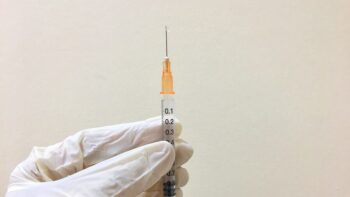
Data to guide vaccination and treatment approaches in immunocompromised people are generally lacking and extrapolated from other populations. This review provides a synthesis of expert viewpoints on the issues related to immunocompromised patients in the COVID-19 pandemic era.
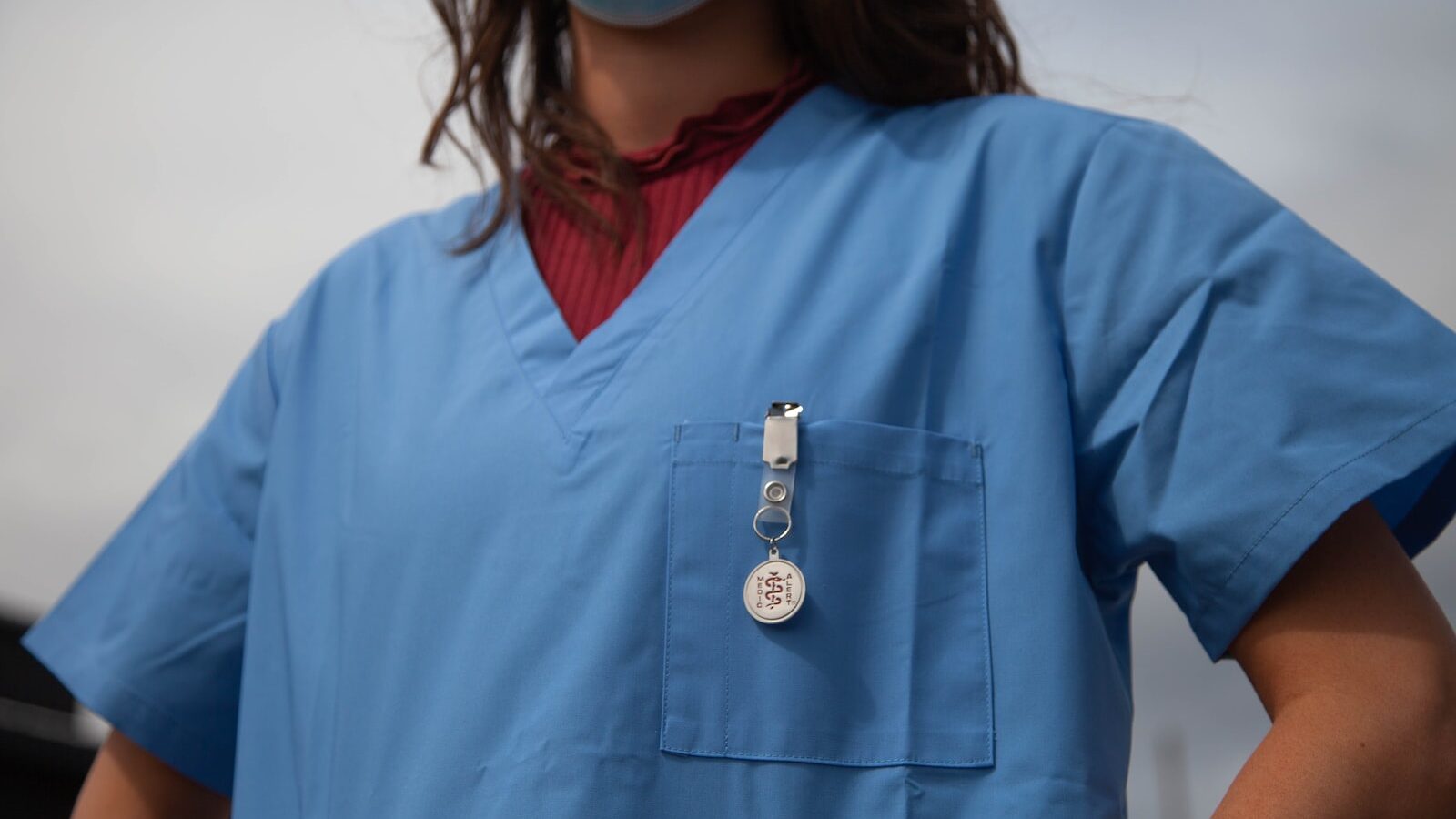
Polarized debates about COVID-19 vaccination and vaccine mandates for healthcare workers (HCWs) challenge Belgian HCWs ability to discuss Covid-19 vaccine sentiments with peers and patients.
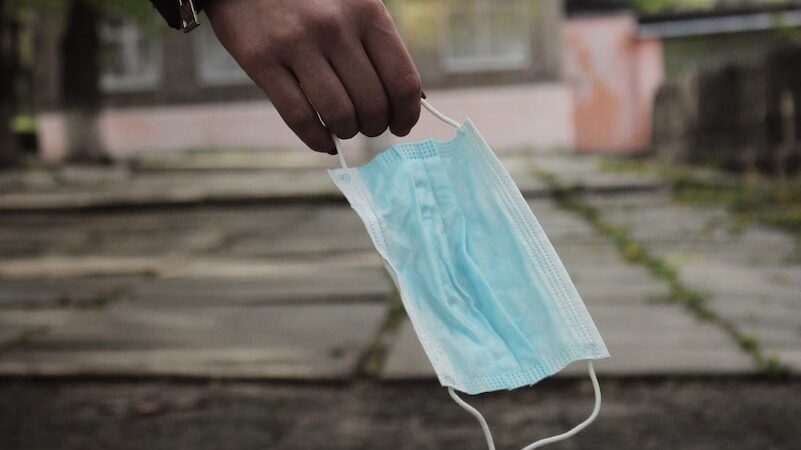
Our third study of COVID-19 vaccine hesitancy among 23,000 respondents in 23 countries, surveyed from 29 June to 10 July 2022 found willingness to accept vaccination at 79.1%, up 5.2% from June 2021.
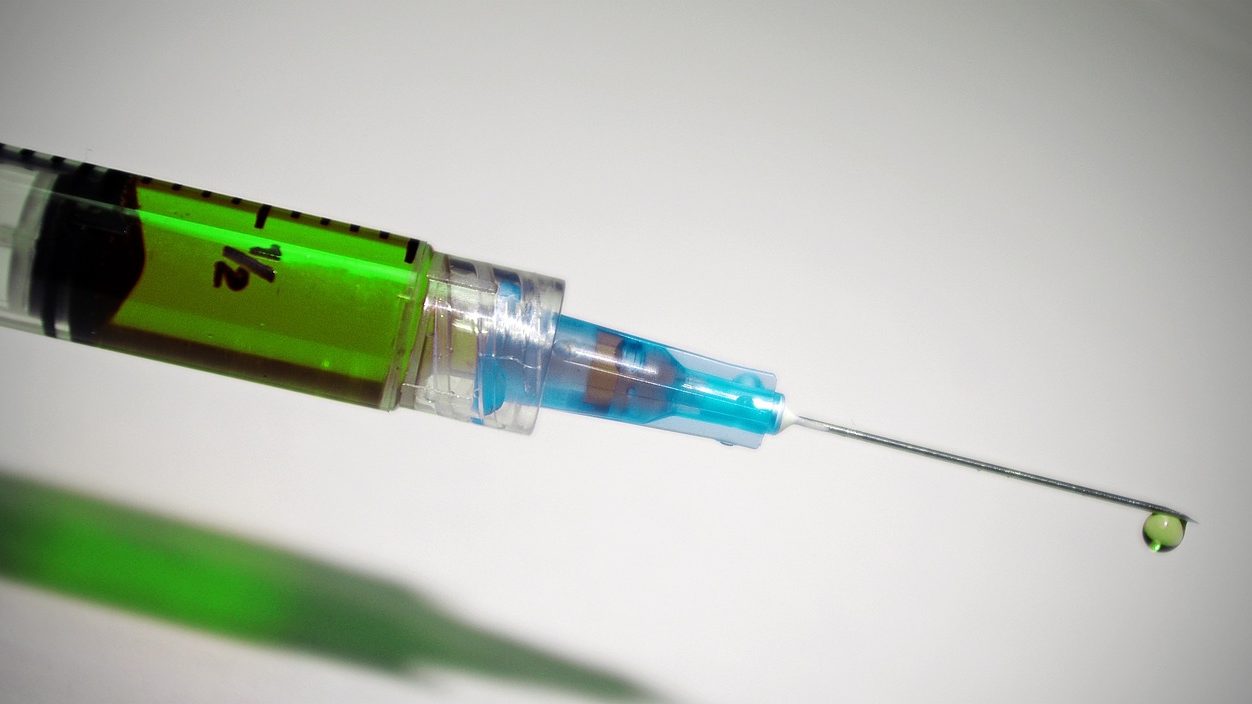
In this large-scale multi-country study, we explored intent to accept a COVID-19 vaccine and the socio-demographic and emotional determinants of uptake for 17 countries.

A mixed-methods approach was used including an online survey in 15 countries which aimed to determine drivers of HCPs vaccine confidence and examine how these drivers vary across nations.
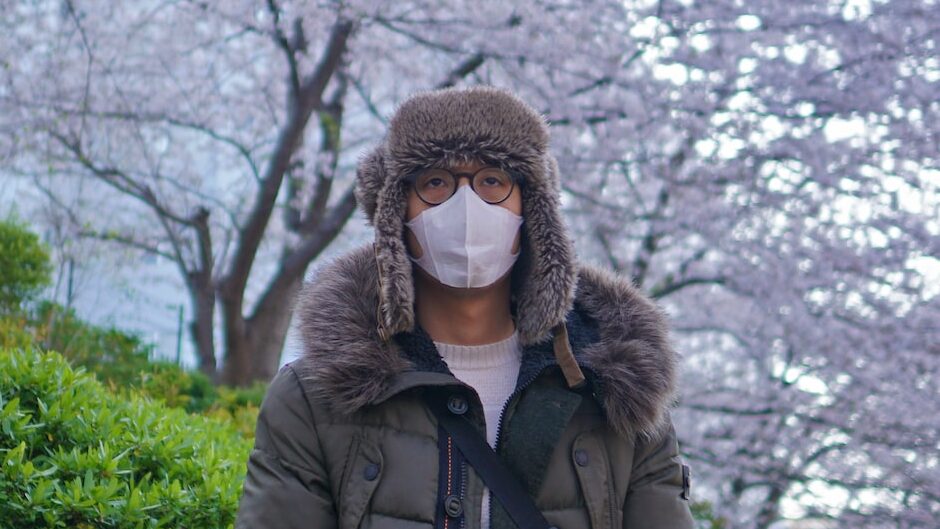
Little is known about how social media platforms can be used to increase COVID-19 vaccine intent. We aimed to investigate the effect of social media-based interventions on vaccine hesitancy in Japan.
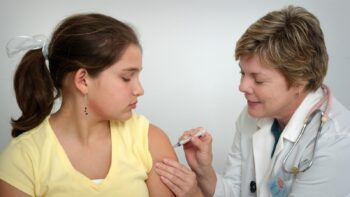
There is considerable variation across, and even within, countries as to how HPV vaccination is offered and accepted. This review aimed to identify what interventions exist to promote uptake and how effective they are.
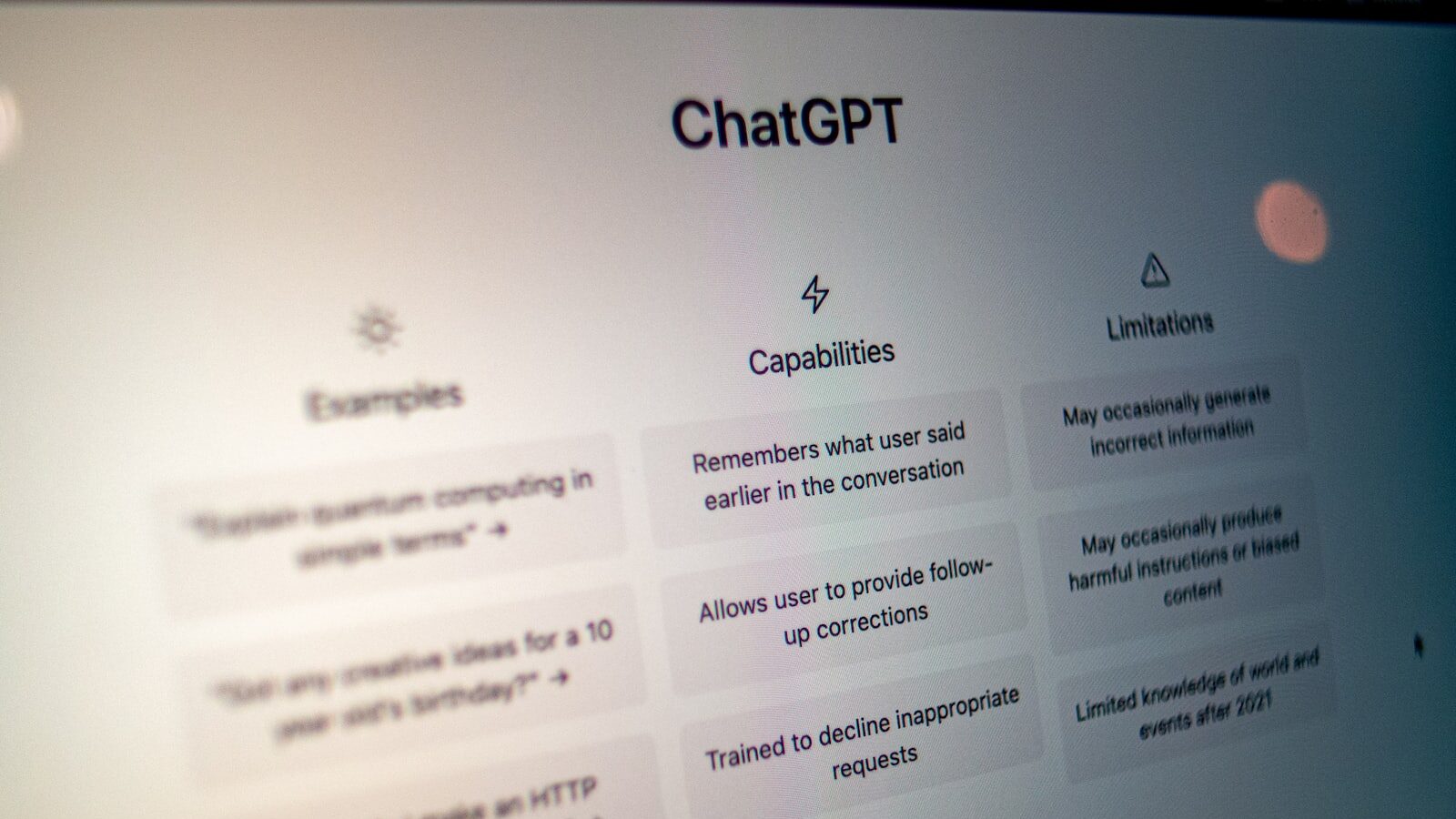
The objective of this systematic review was to examine documented uses and evidence on the effectiveness of conversational AI for vaccine communication.